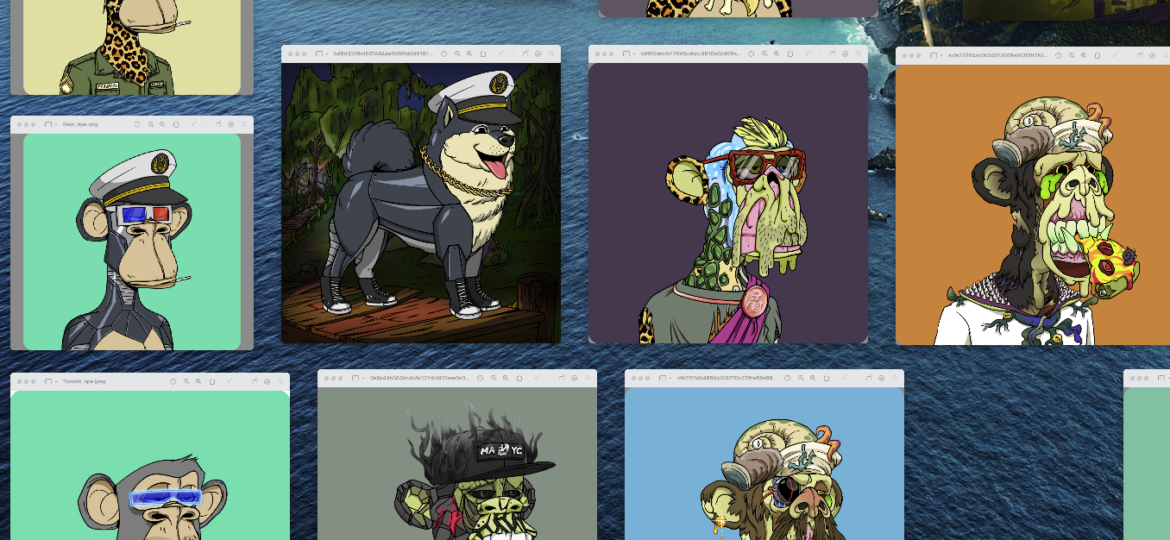
There still are ways to invest in NFTs, just not like you thought
Did you invest in NFTs when they were so new no one knew what the letters meant? We are sorry for your loss. In 2021, Wall Street geeks crossed with digital art trendsetters, giving birth to a craze that pumped up the value of NFT transactions 21,000-percent from the year before, to $17.5 billion. By September, 2023, the marketplace had been in a yearlong dive and the price of even the most popular NFT collection, Bored Ape Yacht Club, had dropped 75%.
It shouldn’t come as a surprise that a piece of digital art which was everywhere already—and for which an NFT didn’t necessarily confer copyright, intellectual property rights, or other legal rights over its associated digital file—might not hold its value beyond a bubble. But that doesn’t mean the idea of a non-fungible token doesn’t have a future.
NFTs can digitally “tokenize” physical assets
If you think of Bitcoin as a kind of currency, in which a token, like a coin, is universally accepted as a medium of exchange, Bitcoin is a “fungible token.” All its coins are the same, and secured by the blockchain, which records each Bitcoin transaction in identical “ledgers” on computers everywhere. NFTs are the same and different. They’re “non-fungible” tokens, precisely because they’re not identical. Each one represents a distinct thing, but it is also tracked in a blockchain like cryptocurrency.
So NFTs can be useful to digitally “tokenize” physical assets, such as real estate and paintings, and make secure transactions of them faster to complete. They can make fractional sales and ownership of objects easier. Fine wine is now offered as an investment using NFTs that identify specific cases or bottles stored by vintners. or secure wine repositories. Diamonds have an NFT marketplace too.
Invest in diversified marketplaces more easily
For investors, the opportunity is the ability to enter diversified marketplaces more easily. But the newness of NFTs should prompt some caution. Standard measures of value may not be available for the token you’re buying. The marketplace may be small. More concerning, you could lose access to your non-fungible token if the platform hosting the NFT goes out of business.
There’s another potential use for NFTs that doesn’t rely on marketplace dynamics: Personal identification. Your passport could become an NFT. Then you’d be on the blockchain too.
Monstro can connect your NFTs, and count them as assets in your portfolio, so you can receive holistic wealth management insights.
Photo illustration credit | Yuga Labs